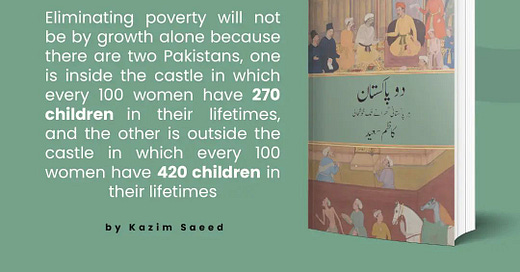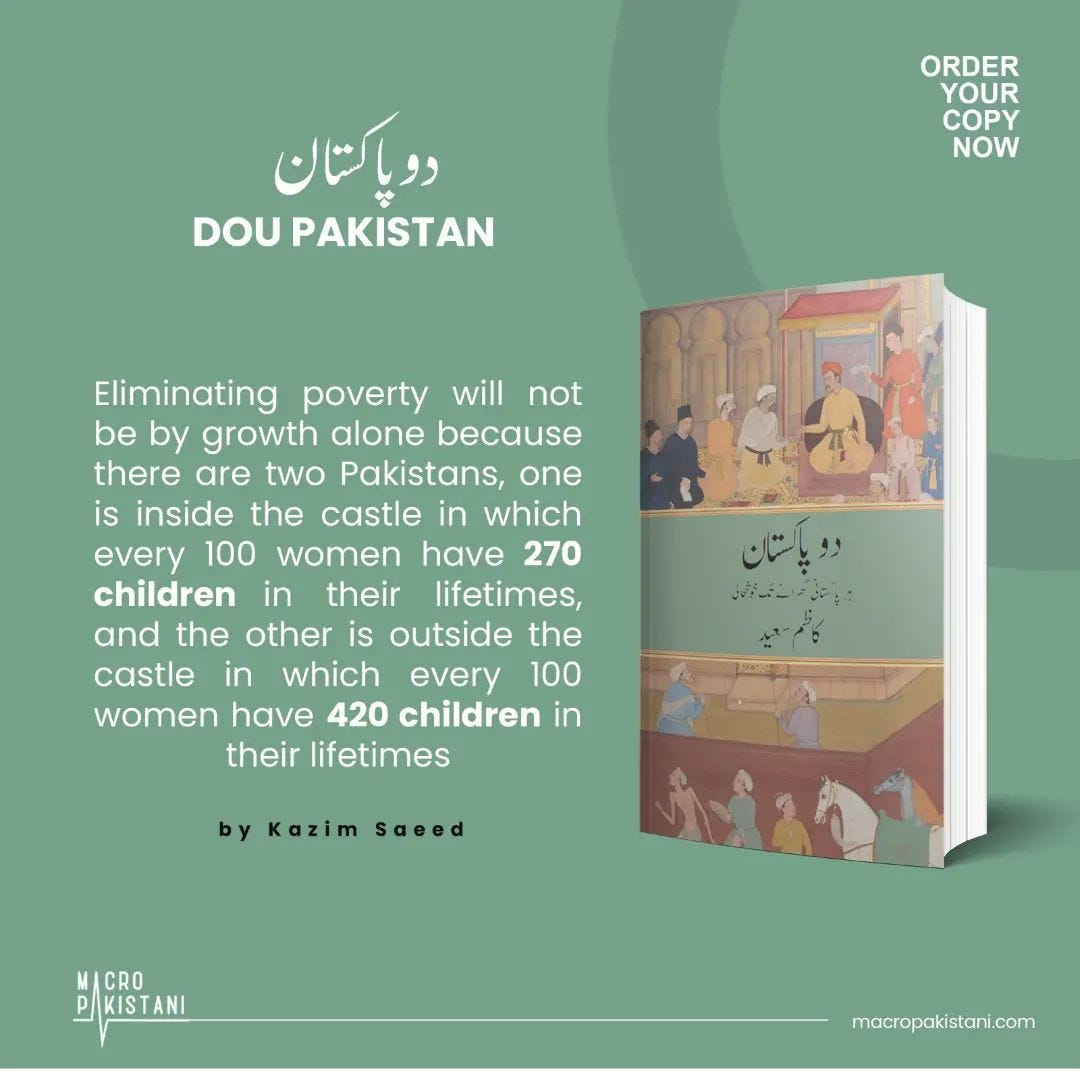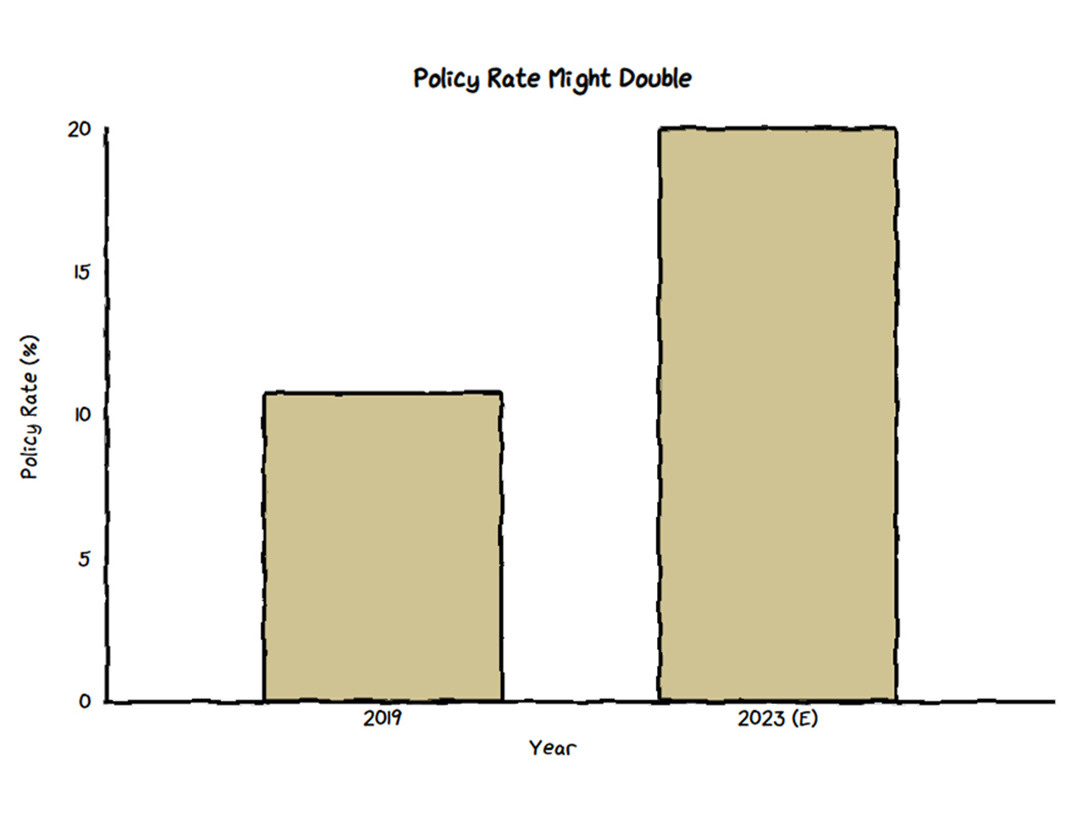Supplementary Inflation
PKR 170 billion mini budget will only further rise inequality in the country.
The IMF has urged the government to increase the policy rate from 17% to 20%.
The government’s anguished efforts to acquire the IMF’s immediate support, have resulted in high inflation across the country. The most recent mini-budgets, introduced by the UK as well as Pakistan have certain similarities. Firstly, both mini-budgets unequivocally targeted the poor. In the UK’s case, this had to do with its new neo-liberal direction which led to a decrease in public spending and a decrease in corporate taxes. Similarly, the Pakistani government, under the guidance of the IMF has released a new mini-budget that doesn’t load the people who can afford to bear it.
The government increased the general sales tax to 18%. This tax applies to every kind of consumer product from basic necessities required by the common man. Additionally, a 10% advance adjustable income tax has been proposed for active taxpayers. Similarly, other initiatives were taken to increase government revenue by PKR 170 billion. However, no new taxes were imposed on traders, businessmen, or banks.
In addition to changes in fiscal policy, the IMF has also urged the government to increase the policy rate from 17% to 20%. Previously, these policy rate hikes haven’t added much respite to the inflation problem, however, they have increased debt servicing considerably.
Muhammad Yaqub, the former Governor of the State Bank, wrote in 2012:
The IMF is merely helpful in saving governments, but not in improving the fundamentals of the economy.
Unfortunately, a decade later the statement still rings true. Since the government is adamant about applying a ‘formula’ to solve the problems of Pakistan’s economy. Without structural reforms, unsustainable methods for solving the twin deficits will keep on coming.
LAST WEEK
Tim Hortons opened its first outlet in Pakistan amid complaints about rising inflation, and the long lineups of customers caused some eyebrows to be raised while there was an uproar on social media that there are ‘TWO PAKISTANS!’
DOU PAKISTAN: Har Pakistani gharane tak khushali (TWO PAKISTANS: Providing prosperity to every Pakistani household)
📊Almost 80% of the people of Pakistan do not have the means to provide a better future for their children. It’s a luxury that can be afforded by only about 15-20% of Pakistanis. This unfortunate situation exists because the economic objectives of the 21st century cannot be achieved by holding onto the development paradigms of our Mughal past.
🇵🇰 Based on this premise, Kazim Saeed’s Dou Pakistan: Har Pakistani gharane tak khushali (Two Pakistans: providing prosperity to every Pakistani household) clearly identifies the direction the country needs to take and the targets it must set for itself in order to ensure prosperity to every household by 2047.
GRAPHIC
Improve brand awareness for your startup/business or amplify the reach of your ongoing marketing campaigns by promoting them on Macro Pakistani. We have previously done successful paid collaborations with:
Send an email to hello@macropakistani.com
About Us: Macro Pakistani is a data-driven research platform that aims to provide a basic understanding of Pakistan’s economy. If you have an interest in contemporary news but are currently overburdened with sensationalism and specialized vocabulary, we are the platform for you.
How are we doing? Please send us any questions, comments or suggestions by replying to this email.




